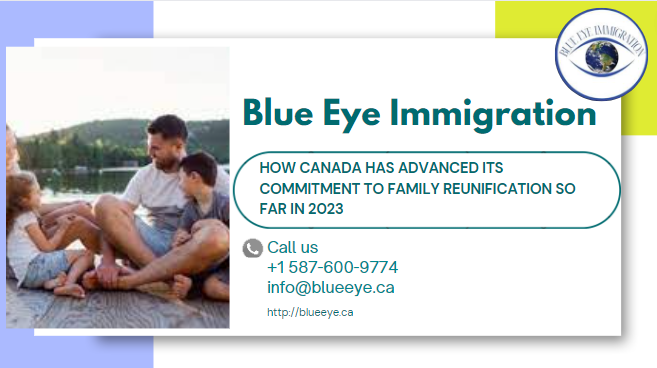Reuniting families is a core pillar of Canada’s immigration strategy.
A report released by Immigration, Refugees and Citizenship Canada (IRCC) last November 29 said the department would seek to fulfill the Prime Minsters mandate to reunite families by implementing a program to issue temporary resident status (TRV) to spouses and children abroad while they wait for the processing of their permanent residency application, to reunite families sooner.
On May 26, Immigration Minister Sean Fraser announced several new measures to help expedite the reunification of families. The new measures include:
- Faster temporary resident visa (TRV) processing times for spousal applicants
- New and dedicated processing tools for spousal TRV applicants
- A new open work permit for spousal and family class applicants
- Open work permit extensions for open work permit holders expiring between August 1st and the end of 2023
The new processing tools allow IRCC to streamline application processing for non-complex applications. Minister Fraser said that technology adopted by IRCC in the past few years has allowed the department to check information on a person’s application to help determine the likelihood that they are going to be eligible for permanent residence and put them in a category that is more easily approved by IRCC officers. This includes family sponsorship applicants, and the approach has an approval rate of more than 98% for spousal TRV applications for spouses and their children.
The minister said that the backlog of TRV (visitor) visas for spouses of applicants who have already applied for permanent resident status has been eliminated. Further, in the future, most of these types of applications will carry a service standard of 30 days and applicants will benefit from processing measures specific to their circumstances as spouses and dependents.
Additionally, on June 7th, open work permit holders whose current permit expires between August 1st and the end of 2023 became eligible to extend their permit for 18 months. This is expected to impact about 25,000 people and includes spouses and dependents of most temporary workers, spouses of international students and permanent resident applicants and their spouses/dependents waiting for permanent residency to be finalized.
Open work permits for TFWP and IMP
On January 30 this year, open work permits became temporarily available for spouses of participants in the temporary foreign worker program and international mobility program.
The measure will last into 2025. IRCC says that by temporarily issuing work permits to the spouses, dependents, and common-law partners of TFWs, some of the stress may be lifted off workers by improving financial stability and making it easier for families to stay together and integrate into their communities.
The measure also includes working-age children, 16 years and older, of principal applicants of all skill levels. IRCC estimates that this program will make it possible for the families of more than 200,000 foreign workers to enter Canada’s workforce, helping to reduce the national labour shortage and strengthen the economy.
Sponsoring a spouse, partner, or child for immigration to Canada
Family class immigration is the second most popular method of immigrating to Canada after economic class immigration.
Under the Immigration Levels Plan 2023-2025, Canada will welcome 118,000 permanent residents a year through family class sponsorship by the end of 2025. This includes spouses, partners, dependent children as well as parents and grandparents
To be eligible to sponsor a family member, the sponsor must be:
- a Canadian citizen or permanent resident of Canada
- 18 years of age or older
- able to support the sponsored person for several years
The amount of support required varies depending on how many people are being sponsored. Further, sponsors must sign a financial undertaking that makes them legally responsible for supporting their family members for several years. This includes spouses and partners even if the relationship breaks down.
